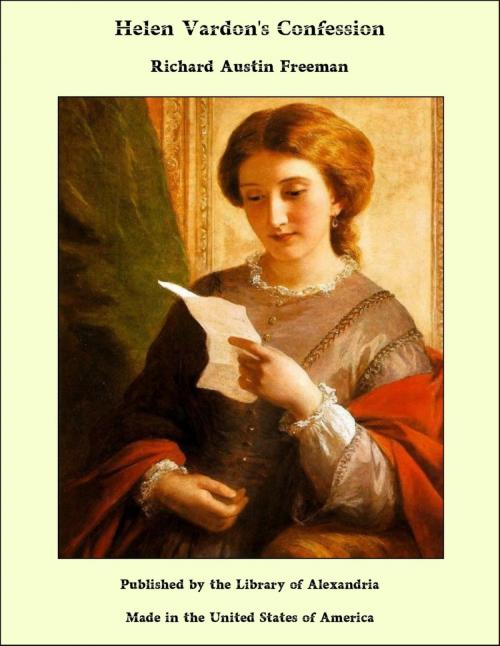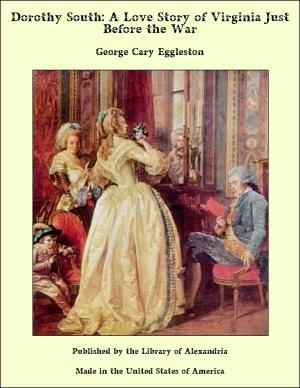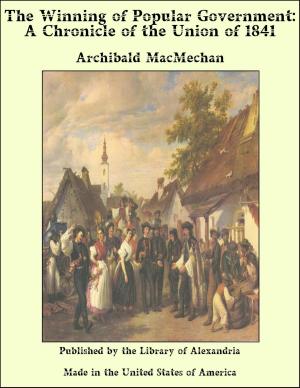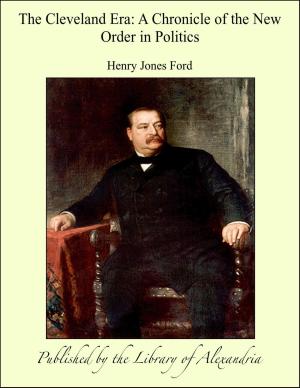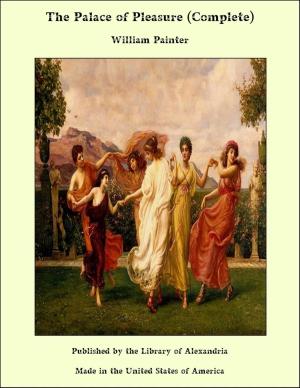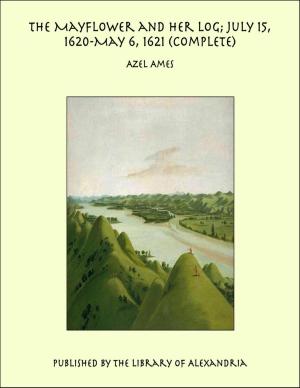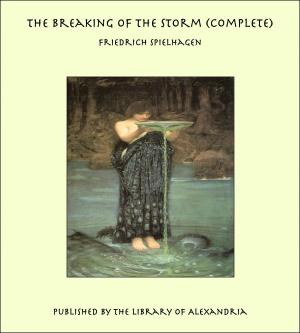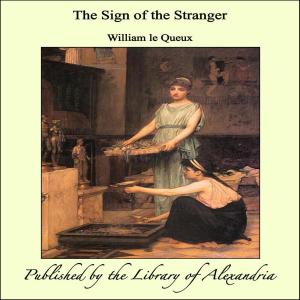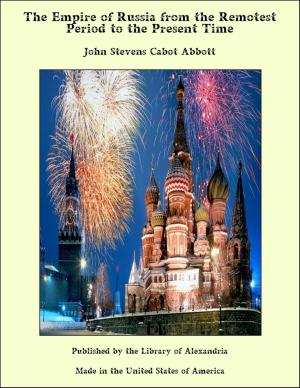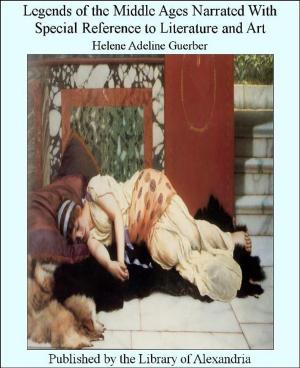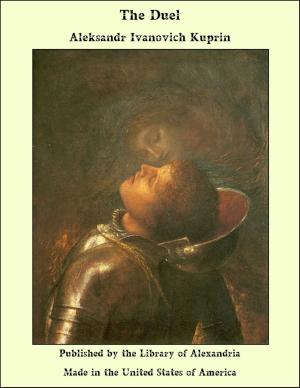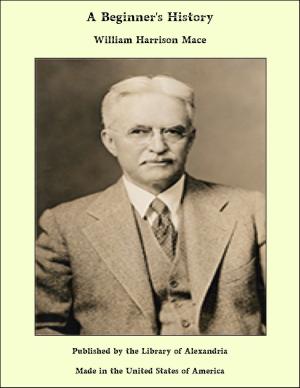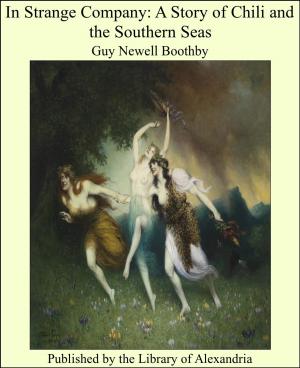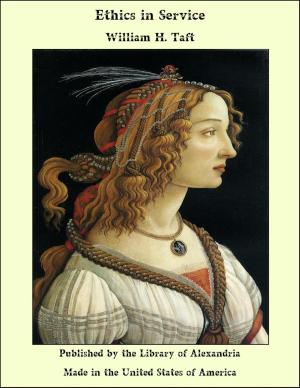Helen Vardon's Confession
Nonfiction, Religion & Spirituality, New Age, History, Fiction & Literature| Author: | Richard Austin Freeman | ISBN: | 9781465627421 |
| Publisher: | Library of Alexandria | Publication: | March 8, 2015 |
| Imprint: | Language: | English |
| Author: | Richard Austin Freeman |
| ISBN: | 9781465627421 |
| Publisher: | Library of Alexandria |
| Publication: | March 8, 2015 |
| Imprint: | |
| Language: | English |
THERE is no difficulty whatever in deciding upon the exact moment at which to open this history. Into some lives the fateful and significant creep by degrees, unnoticed till by the development of their consequences the mind is aroused and memory is set, like a sleuth-hound, to retrace the course of events and track the present to its origin in the past. Not so has it been with mine. Serene, eventless, its quiet years had slipped away unnumbered, from childhood to youth, from youth to womanhood, when, at the appointed moment, the voice of Destiny rang out, trumpet-tongued; and behold! in the twinkling of an eye all was changed. “Happy,” it has been said, “is the nation which has no history!” And surely the same may be said with equal truth of individuals. So, at any rate, experience teaches me; for the very moment wherein I may be said to have begun to have a history saw a life-long peace shattered into a chaos of misery and disaster. How well I remember the day —yea, and the very moment —when the blow fell, like a thunderbolt crashing down out of a cloudless sky. I had been sitting in my little room upstairs, reading very studiously and pausing now and again to think over what I had read. The book was Lecky’s “History of England in the Eighteenth Century,” and the period on which I was engaged was that of Queen Anne. And here, coming presently upon a footnote containing a short quotation from “The Spectator,” it occurred to me that I should like to look over the original letter. Accordingly, laying aside my book, I began to descend the stairs —very softly, because I knew that my father had a visitor —possibly a client —with him in his study. And when I came to the turn of the stair and saw that the study door was ajar, I stepped more lightly still, though I stole down quickly lest I should overhear what was being said. The library, or book-room as we called it, was next to the study, and to reach it I had to pass the half-opened door, which I did swiftly on tip-toe, without hearing more than the vague murmur of conversation from within. “The Spectators” stood on a shelf close to the door; a goodly row clothed in rusty calf to which the worn gilt tooling imparted a certain sumptuousness that had always seemed very pleasant to my eye. My hand was on the third volume when I heard my father say: “So that’s how the matter stands.” I plucked the volume from the shelf, and, tucking it under my arm, stole out of the book-room, intending to dart up the stairs before there should be time for anything more to be said; but I had hardly crossed the threshold, and was, in fact, exactly opposite the study door, when a voice said very distinctly, though not at all loudly: “Do you realise, Vardon, that this renders you liable to seven years’ penal servitude?”
THERE is no difficulty whatever in deciding upon the exact moment at which to open this history. Into some lives the fateful and significant creep by degrees, unnoticed till by the development of their consequences the mind is aroused and memory is set, like a sleuth-hound, to retrace the course of events and track the present to its origin in the past. Not so has it been with mine. Serene, eventless, its quiet years had slipped away unnumbered, from childhood to youth, from youth to womanhood, when, at the appointed moment, the voice of Destiny rang out, trumpet-tongued; and behold! in the twinkling of an eye all was changed. “Happy,” it has been said, “is the nation which has no history!” And surely the same may be said with equal truth of individuals. So, at any rate, experience teaches me; for the very moment wherein I may be said to have begun to have a history saw a life-long peace shattered into a chaos of misery and disaster. How well I remember the day —yea, and the very moment —when the blow fell, like a thunderbolt crashing down out of a cloudless sky. I had been sitting in my little room upstairs, reading very studiously and pausing now and again to think over what I had read. The book was Lecky’s “History of England in the Eighteenth Century,” and the period on which I was engaged was that of Queen Anne. And here, coming presently upon a footnote containing a short quotation from “The Spectator,” it occurred to me that I should like to look over the original letter. Accordingly, laying aside my book, I began to descend the stairs —very softly, because I knew that my father had a visitor —possibly a client —with him in his study. And when I came to the turn of the stair and saw that the study door was ajar, I stepped more lightly still, though I stole down quickly lest I should overhear what was being said. The library, or book-room as we called it, was next to the study, and to reach it I had to pass the half-opened door, which I did swiftly on tip-toe, without hearing more than the vague murmur of conversation from within. “The Spectators” stood on a shelf close to the door; a goodly row clothed in rusty calf to which the worn gilt tooling imparted a certain sumptuousness that had always seemed very pleasant to my eye. My hand was on the third volume when I heard my father say: “So that’s how the matter stands.” I plucked the volume from the shelf, and, tucking it under my arm, stole out of the book-room, intending to dart up the stairs before there should be time for anything more to be said; but I had hardly crossed the threshold, and was, in fact, exactly opposite the study door, when a voice said very distinctly, though not at all loudly: “Do you realise, Vardon, that this renders you liable to seven years’ penal servitude?”
